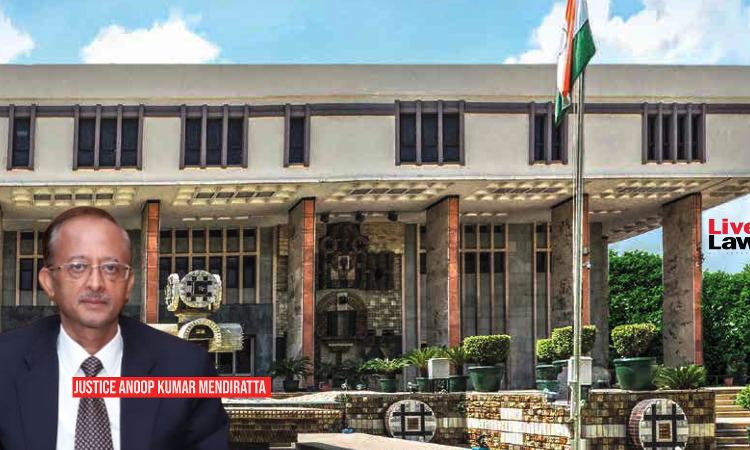S. 17A PC Act | Preliminary Enquiry Against Unknown Offenders Not Strictly Barred: Delhi High Court
Yash Mittal
12 Sept 2024 3:40 PM IST

Next Story
12 Sept 2024 3:40 PM IST
In a significant development, the Delhi High Court observed that although there's no bar to initiating preliminary enquiry against unknown public officials under the Prevention of Corruption (Amendment) Act, 2018 no case could be registered against such unknown officials unless previous sanction is obtained from the competent authority.“The preliminary enquiry against unknown persons may not...
